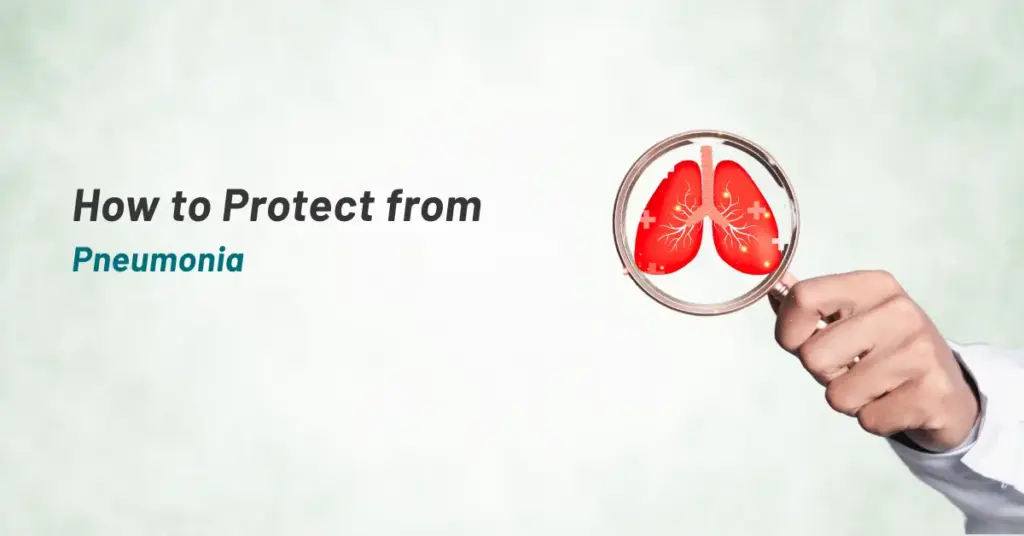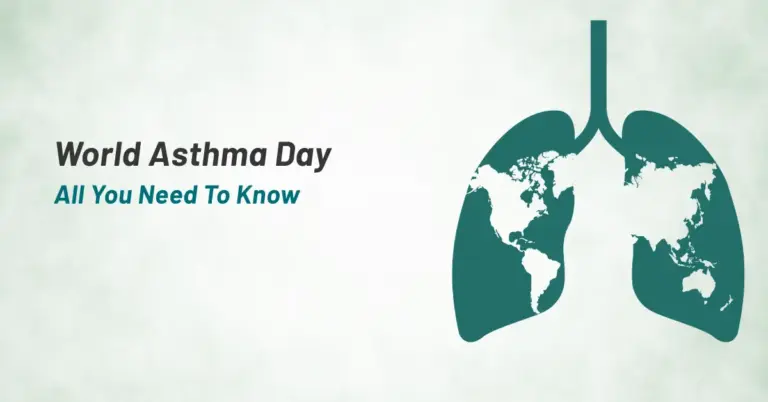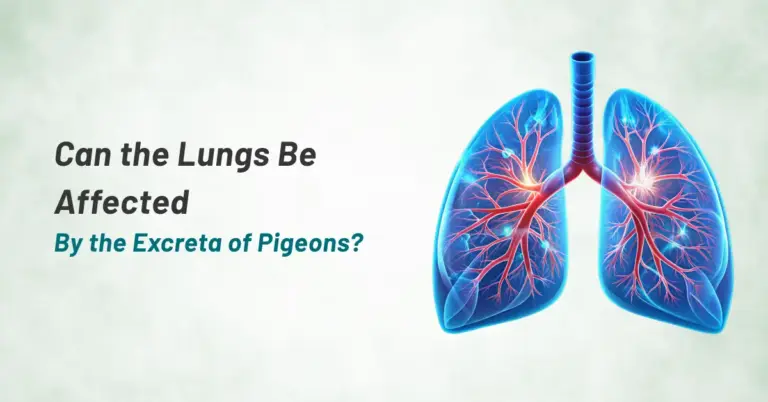Pneumonia is an infection of the lungs that can be caused by bacteria, viruses, or fungi. It is a serious illness that can be deadly, especially in young children, the elderly, and people with weakened immune systems. It is important to know the symptoms of pneumonia and how to prevent it, lets see in this Article
Pneumonia: Symptoms, Causes and Treatment
Pneumonia can occur in people of any age, but is most serious in infants, young children, and older adults.
Symptoms
The symptoms of pneumonia can vary depending on the cause, but typically include coughing, chest pain, shortness of breath, rapid breathing, sweating and fever. Pneumonia can also cause nausea, vomiting, and diarrhea.
Causes
Pneumonia is most commonly caused by bacteria, but can also be caused by viruses, fungi, or other organisms.
The most common bacterial cause of pneumonia is Streptococcus pneumoniae, but other bacteria can also cause the disease.
Viruses that can cause pneumonia include the flu virus, respiratory syncytial virus (RSV), and adenoviruses.
Treatment
Treatment for pneumonia depends on the cause, but often includes antibiotics to clear the infection, and rest and plenty of fluids to help the body recover. In some cases, hospitalization may be necessary.
How to Recognize the Symptoms of Pneumonia
Pneumonia is a serious lung infection that can be deadly. Recognizing the symptoms of pneumonia is important for early diagnosis and treatment.
Pneumonia is caused by a variety of bacteria, viruses, and fungi. These can infect the lungs, causing inflammation and fill the air spaces with fluid. Pneumonia can occur in people of all ages, but is most common in infants, young children, and the elderly.
The symptoms of pneumonia include:
The Symptoms of Pneumonia Includes
- Fever
- Cough
- Shortness of breath
- Rapid breathing
- Chest pain
- Fatigue
- Loss of appetite
- Nausea
- Vomiting
If you or someone you know is experiencing these symptoms, it is important to seek medical attention immediately. Pneumonia is a serious lung infection that can be deadly. Early diagnosis and treatment are critical.
Pneumonia: When to Seek Medical Treatment
Pneumonia is a serious lung infection that can be life-threatening. It is important to seek medical treatment if you think you or your child has pneumonia
Pneumonia is caused by a bacterial or viral infection. The most common cause of pneumonia in adults is the bacteria Streptococcus pneumoniae. This bacterium is also a common cause of pneumonia in children.
Pneumonia can occur at any age, but is most common in young children and older adults. It is more common in the winter and spring.
Pneumonia is usually treated with antibiotics. Antibiotics are not effective against viruses. Therefore, if pneumonia is caused by a virus, such as the flu, antibiotics will not help.
If you have pneumonia, you will likely have a high fever, chills, and a cough that produces greenish or yellowish mucus. You may also have chest pain, shortness of breath, rapid breathing, sweating, and feel very tired.
Pneumonia can be a very serious illness, particularly for young children and older adults. If you or your child has any of the above symptoms, it is important to see a doctor right away.
In some cases, pneumonia can be deadly. Therefore, it is important to seek medical treatment as soon as possible if you or your child has any symptoms of pneumonia
How to Prevent Pneumonia
There are a number of things you can do to help prevent pneumonia. These include:
- Getting a flu shot every year
- Washing your hands often
- Avoiding close contact with people who are sick
- Not smoking
- Avoiding exposure to secondhand smoke
- Keeping your home clean and free of dust
- Vacuuming regularly
- Using air filters in your home
- Getting enough sleep
- Eating a healthy diet





